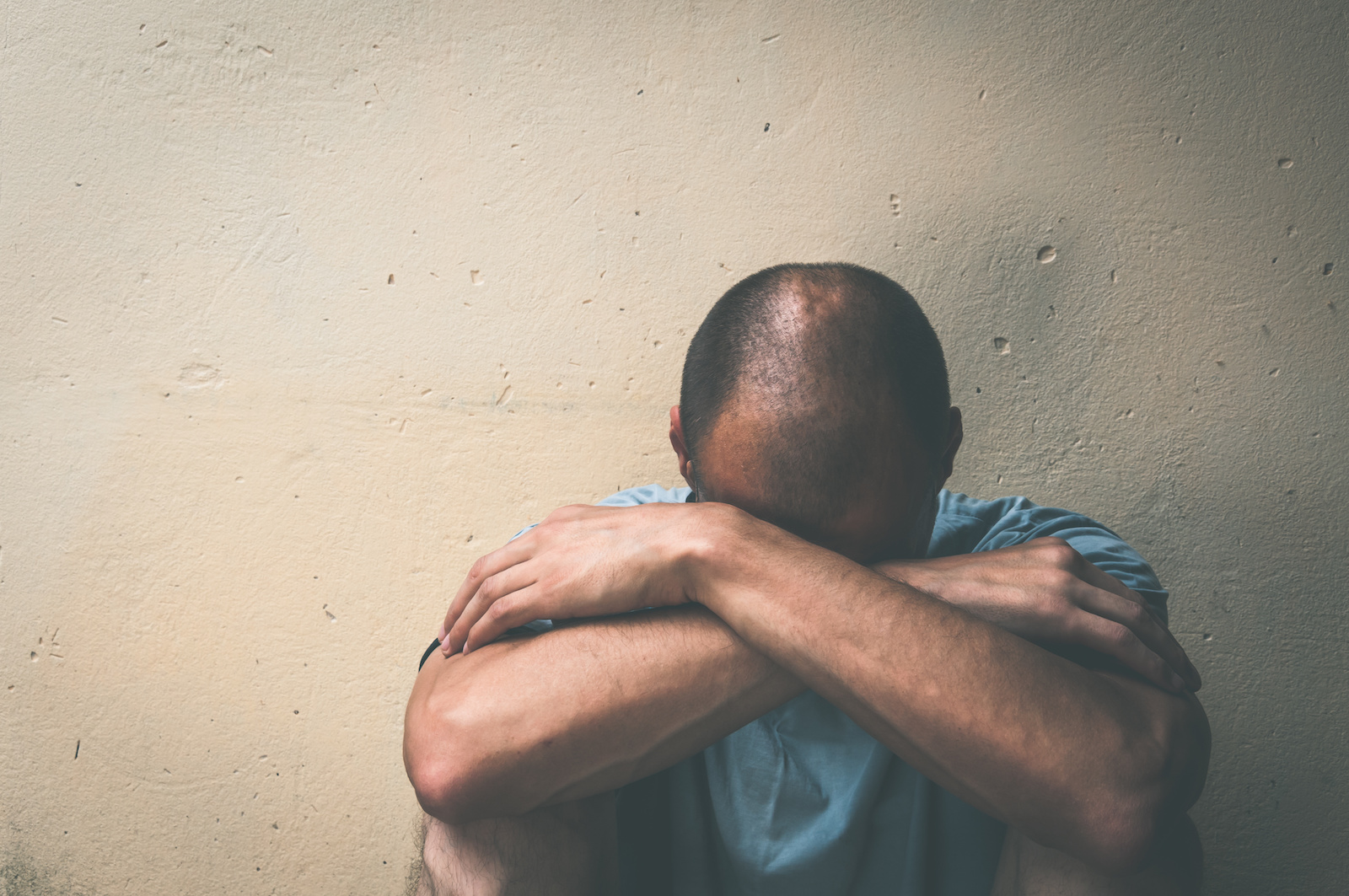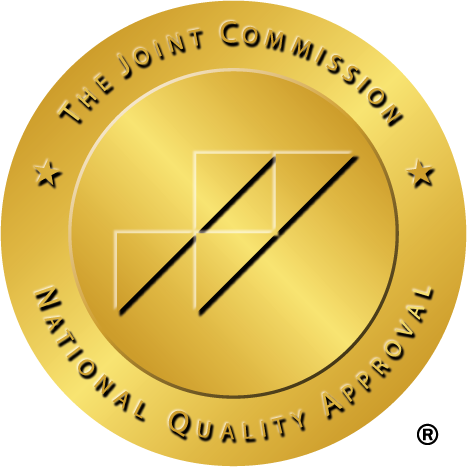Table of Contents
Mild and depression aren’t necessarily two words that are often heard together, but mild depression can be a serious issue.
When people think of depression, they often imagine that it’s either much less serious than it is or that it’s much more serious and looks more stereotypical than the real thing.
Unfortunately, those misconceptions about what depression feels like, and looks like can prevent people from realizing when they’re dealing with depression. That can be a barrier to getting the help they need and deserve.
Mild depression is also a bit of a misnomer. Mild depression usually comes with milder and less dangerous symptoms, but more serious cases of depression may be considered ‘mild’ for people who can function more normally despite their depression.
Regardless of how severe your depression really is, it’s important for you and the people around you to recognize your depression for what it is, and for you to get the help you deserve.
To that end, let’s talk about some of the symptoms of mild depression, causes and possible causes of the disorder, why it’s important to pay attention to mild depression, and how to get treatment when and if you want it.
Ready?
Let’s dig in.
What Are Some Symptoms Of Mild Depression?
Mild depression is generally characterized one of two different ways. It may be mild in symptoms or it may be mild in impairing your normal function.
These two different ways of categorizing mild depression are important, but it isn’t a clinical distinction. Clinically, mild depression is generally persistent low mood with some or many symptoms of depression, but which doesn’t necessarily rise to the level of symptom presentation as major depressive disorder or other more serious forms of depression like melancholic depression.
Persistent depressive disorder is a form of depression that’s chronic and may be mild or severe. It’s any level of depression that lasts for at least 2 years.
The different forms of depression are mostly about how long they last, how severe they are, and what brings them on, but they don’t always do a good job of describing how depression feels.
This is where talking about depression in terms of symptoms or in terms of function comes back in.
While professionals look at the symptom profile when they’re figuring out what kind of depression someone is dealing with, socially we often base our perception of whether depression is mild or severe based on how impactful the depression is in our daily lives.
Because of that second way of defining what is and isn’t mild depression, we’re going to talk about depression symptoms a little more generally than medical care providers typically do. Because a lot of times people who have significant and severe depression think they have mild depression because they don’t meet the functional definition of depression.
A lot of people think that they can’t possibly have depression if they still get up and go to work or school, still socialize with friends and family members, still have hobbies, and otherwise live normal lives. But depression doesn’t always interfere with those functional things, it just changes how you feel about those things.
Unfortunately, the longer depression goes untreated and unrecognized, the more likely symptoms are to get worse, or for your ability to function professionally and socially to go down.
So, remember, depression is best defined by symptoms, not how well you function despite your symptoms.
We’re also going to include some symptoms of major depression in this list because it’s important to recognize those as symptoms of depression, but you don’t need to have all of these symptoms to have depression.
In fact, if you have even just 3-5 of these symptoms, it may be a good idea to talk to your doctor about possible depression.
- Persistent or intense feelings of guilt without a clear or logical reason
- Persistent or intense feelings of shame without a clear or logical reason
- Feeling fatigued often
- Feeling tired
- Insomnia
- Feeling empty
- Feeling sad often
- Feeling anxious often
- Increased irritability, especially irritability for no reason
- Sleeping too much
- Difficulty motivating to get out of bed in the morning
- Digestive problems that don’t resolve on their own or with treatment
- Restlessness
- Feeling hopeless
- Persistent pessimism
- Difficulty remembering details
- Difficulty remembering certain events
- Difficulty making decisions
- Thoughts of self-harm
- Self-harm
- Thoughts of suicide
- Suicide attempts
Having some of these symptoms occasionally may not be a sign of mild depression. It’s normal to feel sad or anxious sometimes. But it may not be normal if you feel like you’re sad or anxious all the time, or even just more often than your peers.
The intensity of your feelings may also be important. Feeling empty or disconnected sometimes may be as normal as feeling sad sometimes. But feeling like you’re on autopilot 24 hours a day all the time, especially if it’s because you feel too empty or sad to function otherwise, probably isn’t normal.
If you do decide to talk to your doctor about the signs and symptoms of depression described here, you should expect them to ask about the severity of your feelings, how long you’ve been feeling this way, and if there are any causes or triggers that could be contributing to your feelings. They may also ask if you have a family history of depression, a history of depression yourself, or any current or prior self-harm or thoughts of suicide.
Answering these questions can be difficult, but it’s also important to help make sure you get the kind of care and attention you need and deserve.
What Are Some Causes Of Mild Depression?
The causes of any amount of depression are complicated, and it may not be possible to identify a single cause in any one case of depression.
For instance, season affective disorder, or seasonal depressive disorder, is when someone has more intense feelings of depression during certain seasons, usually sometime from late autumn through mid to late spring.
There are obvious reasons for seasonal affective disorder, like a reduction in light, cold and potentially more stressful weather, and vitamin D deficiency which is more common in the winter. But there are also genetic factors, some people are more likely to develop seasonal affective disorder than others. And, even though there are some clear reasons for seasonal affective disorder, not everyone has it, and not everyone who has it has it the same way.
There are variables we don’t fully understand that can lead to all different kinds of depression.
The same is true of post-partum depression, persistent depressive disorder, and short-term depressive episodes. There may be causes that we can say contributed to the depression, but no single cause is likely to be The reason someone develops temporary or chronic depression.
That said, there are a few things that might be more likely to cause depression than others, here are some of those causes:
- Genetic predisposition (family history of mental illness, especially anxiety and/or depression)
- Trauma (car accidents, abuse, being the victim of a crime)
- Perception of failure (low grades, losing a job, not getting a promotion, etc)
- Grieving and loss
- Drug use or abuse
- Social conflict
There are a lot of other potential causes and having a combination of more than one of these causes might make depression more likely.
For instance, someone with a genetic predisposition to depression may be more likely to develop depression after a loss in their family than someone who experienced the same kind of loss but doesn’t have a genetic predisposition to depression.
Similarly, someone who experiences trauma and has a genetic predisposition to mental illness may be more likely to develop depression or PTSD than other people.
There are other factors as well. Someone who has a robust social network and a lot of personal support from people they care about may be insulated from depression risk factors and may be less likely to develop depression even when something happens that could cause depression in someone else.
Why You Shouldn’t Ignore Signs Of Mild Depression
One of the biggest reasons you shouldn’t ignore mild depression is that mild depression can be a precursor to other kinds of mental illness, some of which might be more serious.
It’s also a good idea to intervene in mental illness as soon as possible because that can make it easier to prevent or reverse changes in brain structure and neurotransmitter balance.
But really, the most important reason you shouldn’t ignore signs of mild depression is because you deserve help, and you deserve to feel better.
No one should have to live with depression, and ignoring mild depression is one of the options least likely to help you get better.
How To Get The Help You Need For Mild Depression
If you want help with your depression, whether it’s mild depression or a more severe form of depression, there are a lot of options available to you.
We’ve already mentioned talking with your doctor about your depression, and that’s a good first step, but you may also want to consider other local resources. Treatment centers that specialize in mental health and substance use disorders may have more program options and treatment availability even than other kinds of mental health care providers.
Depending on your needs, and what kind of depression you’re dealing with, going to a treatment center for care may off just the kind of support you’re looking for.
If you’re looking for a treatment center with programs that can help with mild or severe depression, New Waters can help. Contact us to learn more about our mental health services and how we can help you overcome mild depression and get back to a happier place.
Sources
- Depression. National Institute of Mental Health. https://www.nimh.nih.gov/health/topics/depression. Accessed September 13, 2022.
- Depression. National Institute of Mental Health. https://www.nimh.nih.gov/health/topics/depression. Accessed September 13, 2022.
New Waters Recovery Editorial GUIDELINES
At New Waters Recovery, we take your health and wellness seriously. We have a thorough process in place to ensure the integrity of information that is displayed on our website. All content published to our site undergoes a rigorous medical review by a doctorate level clinician to ensure medical accuracy. Read More About Our Process






